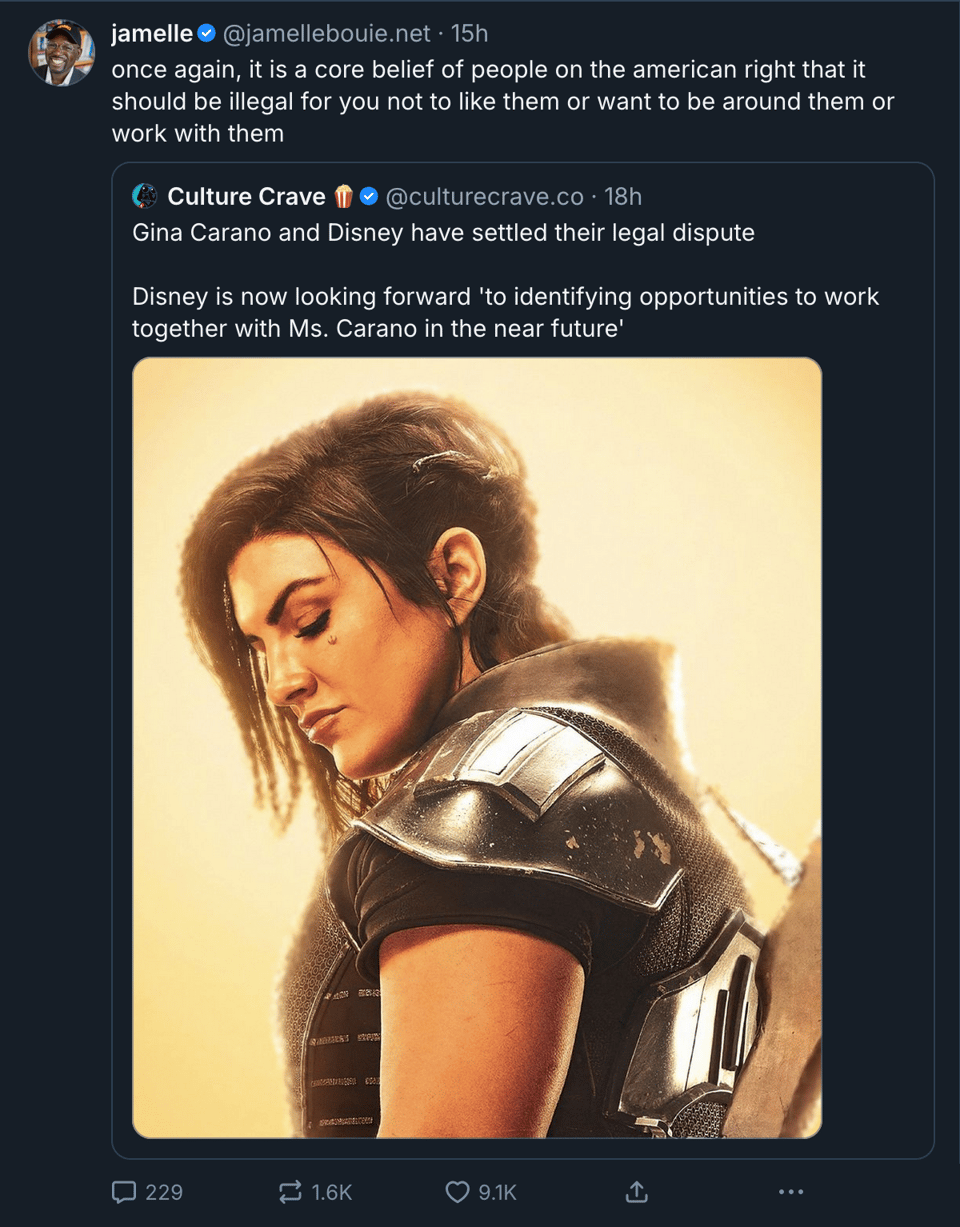playground rules
Maybe the bullies should get a little bit bullied.

Yesterday a friend and I talked about bullying—how we teach kids not to do it but that doesn’t seem to stop them when they become adults. Specifically, we were discussing a pretty upsetting article about Republican lawmakers in my state engaging in what can only be described as vicious cyberbullying against one of their Democratic colleagues. The friend told me about one of her go-to litmus tests in these situations: How would we react if a fifth-grade child had done the same thing?
Imagine you have a son who’s in the fifth grade. Actually, let’s put him in eighth grade so that you don’t ask me why your imaginary son already has a smartphone. You get a call from his school and learn that he has sent a picture of one of his classmates to a group chat, all the members of which have participated in a gleeful chorus of sexually demeaning and abusive comments about her outfit. Someone has even shared the photo online with a poll asking “Smash or pass?”
In this situation, you:
a) Meekly accept the punishment your son’s school doles out, take him home, and explain in careful and grave detail why his behavior was unacceptable and should never be repeated again. You hope that by expressing the depth of emotional harm he has done to another person, he himself will feel very bad, maybe even cry, and this horrifying moment of realization will scar him just enough that he becomes a better person.
b) Answer A, but in more of an angry, shouty way.
c) Force him to make a humiliated and regretful apology to the girl in question, in person, in front of her parents.
d) Ground him for two weeks and downgrade him to a dumbphone until he turns 18.
e) Some combination of all the above.

Any of these answers treat the situation as seriously as it should be treated. A child engaging in this behavior would be cause for intense discussion and strict intervention. People generally don’t want to let their kids treat other kids in appalling ways. But also, kids sometimes don’t know any better. Often they need to be taught that something is bad; they need to learn to consider and respect the feelings of others just as much as they need to learn math.
This is why we have adults: Parents and teachers can sit our imaginary sons down to chasten them with tough lessons about the consequences of their actions. They can separate fighting kids from each other and blow whistles on the playground and place bad actors in time out.
So what the fuck are we supposed to do when the adults themselves are acting badly? And how do we hold them to account when those adults are the ones writing our laws and even—I shit you not—chairing the state legislature’s workplace harassment committee? Who are the über-adults with the power to instill shame and contrition in the hearts of the grown-up bullies?

The social internet has done a lot of bad things, but one of them is to fracture reality so completely that certain behaviors, viewed from different perspectives, can carry completely different moral meanings. An actor can say some really racist, shady stuff, which results in her employer saying, “Let’s not work together anymore.” On one side this is viewed as a rational and just social consequence, while on the other it’s an apocalyptic act of censorship and oppression. This actor can then apparently sue her way back into having the job, which to some is a moral failing of the system and to others a righteous victory.
To be very clear, I am not both-sides-ing this thing. Some people (most, I hope?) believe that saying racist things, or doing a harassment, or legislating people’s fundamental human rights away, or denying that climate change is real, are all behaviors that cause harm and should therefore have some kind of consequence. This is shit we should be discouraging and outright disallowing when possible.
Others seem to believe that they should be able to act in whatever shitty way they want to act without any social repercussions whatsoever. That everyone should be nice to them all the time. That we should gladly put our faces in the paths of their fists and smile when struck.

I fear that we as a society no longer enjoy a shared consensus of what’s okay and what’s not okay. Instead of “Did this hurt someone?” or “Am I generally making things better for the people around me instead of worse?”, more and more people seem to be asking themselves, “Have I been personally inconvenienced by someone else feeling differently than I do?”
And in this extremely dumb and hellish version of reality we’ve designed for ourselves, it’s difficult, if not impossible, to enforce social consequences for social wrongs. If someone’s being an asshole, the objects of their assholery can’t just say “I’m not gonna play with you anymore” and move to a different part of the playground because they were never playing together in the first place. We’re all on wildly different playgrounds.
Worse, this cultural atomization makes it easy for the assholes to continue being assholes with impunity. Why change your behavior when you never need to come face-to-face with the damage it has wrought? What are other people, in the end, if not fleeting NPCs that spawn in your simulation only to disappear soon after? They don’t matter; they hardly even exist.
We need better social machinery that punishes antisocial behavior. But in the absence of revolution, in the absence of über-adults who can put powerful bullies in timeout, maybe we can just all agree to stop indulging assholes. It’s getting us nowhere.
So I guess that’s my closing argument to this rant: Be rude to a bigot today. Could be fun!

Some Links:
(Only videos this week because all of my reading has taken place off the computer screen, which has been very nice.)
A fun and insightful exploration of work—our relationship to it, the TikTok of it all, and why it frankly doesn’t need to exist.
Why does America build such shitty houses?
On the male fashion of the future as imagined by sci-fi film and TV—specifically, why it is so very femme.